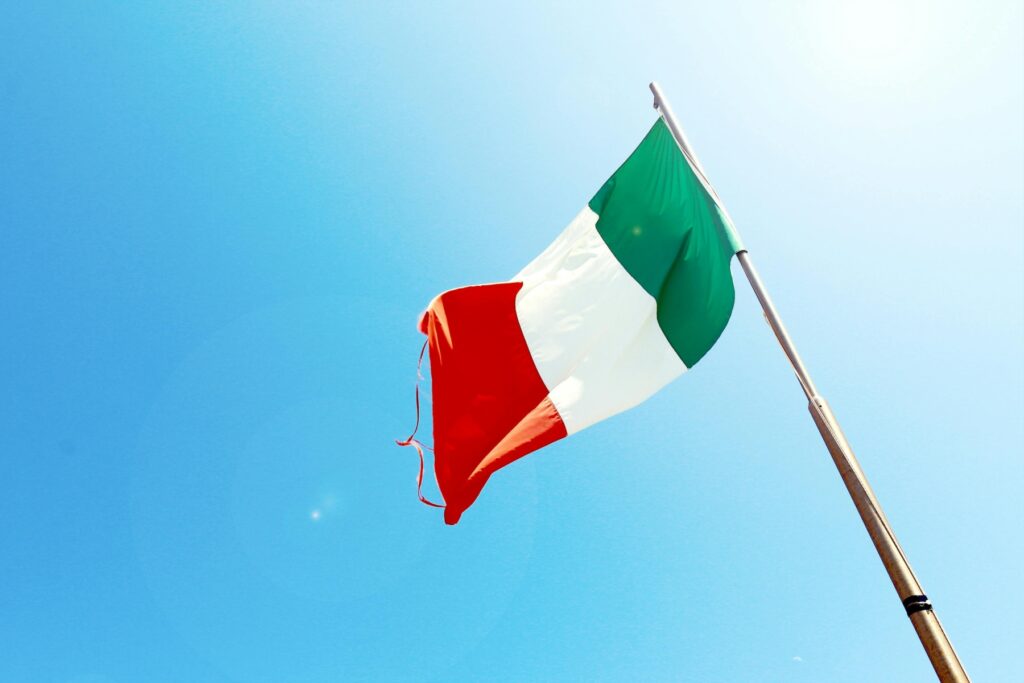
As the Customs and Monopolies Agency (ADM) introduces a new framework that will cut the number of licensed operators from 407 to just 52, the Italian online gaming market is about to undergo a significant upheaval.
On November 13th, 2025, the shift will go into effect, changing the digital betting and gaming scene in the fourth-largest gambling market in Europe.
Since some businesses run multiple brands, 46 of the 52 available licenses will be held by companies under the new regulations.
For instance, under its Italian domain, Flutter Entertainment oversees Betfair Exchange, Snaitech, and Sisal.
By limiting each license to a single website, the action essentially outlaws so-called ‘skin’ websites, which are third-party affiliate platforms that resell goods from authorised betting businesses.
Of the 407 active gambling sites in Italy, more than 350 are currently operated as skins, with 315 being run by domestic companies and 92 by foreign operators.
For new and smaller entrants, competitive marketing is difficult due to ongoing marketing restrictions, such as the prohibition on sports sponsorships.
New Rules Could Reshape Competition and Player Protection
The prohibition on skin betting, according to industry experts, might help level the playing field for newcomers and small-to-medium-sized bookmakers, that now only have to contend with 51 direct competitors rather than hundreds.
However, Italy continues to be a challenging market for operators without significant budgets or established brand recognition due to the licensing fees and continuous restrictions.
ADM mandates that bettors accept new terms and establish personal deposit and wager limits starting on November 13th in addition to the operator reduction.
Operators are required to post banners asking clients to enter these self-imposed limitations, which they have six months to do.
If players don’t do this, they won’t be able to wager with authorised bookmakers, but they can reapply to have their accounts activated within three years.
Similar to developments in other European countries, such as the UK and the Netherlands, where authorities are stepping up oversight to combat financial risk and responsible gambling, Italy has implemented new affordability measures.
The changes made by the government demonstrate a strategy focused on player and operator safety, enhancing oversight in an industry worth €21bn (£18bn) a year and generating roughly €8bn (£6bn) in tax income.
The post Italy set to reduce licensed gambling companies from 407 to 52 appeared first on Esports Insider.






